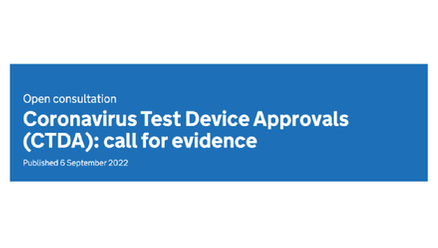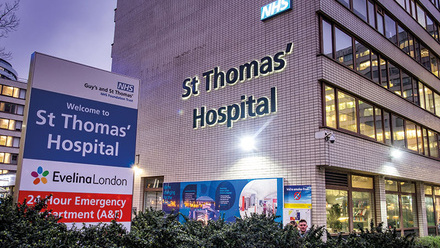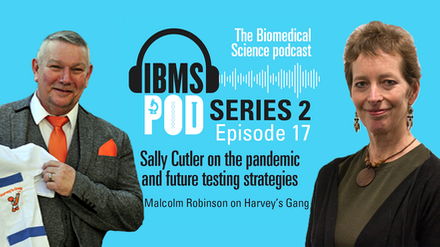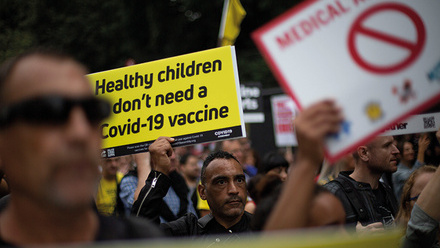IBMS response to BBC Panorama
From the outset of the pandemic, the Institute of Biomedical Science (IBMS) has emphasised the fact that “high quality staff deliver high quality services” and that the UK’s established diagnostic testing facilities (i.e. pathology laboratories in the NHS and private healthcare sector) have some of the highest quality and safest testing programmes in the world, ensuring the right result for the right patient at the right time.
We support the Government strategy to control the virus by increasing testing numbers and by implementing the test, track and trace programme. However, it is essential that the provision of a high quality and safe testing service is at the centre of the national testing strategy. Pressure for increased quantity must not lead to a reduction in the quality of our established diagnostic testing processes.
The lighthouse laboratories were set up to deal with large quantities of PCR tests and the scale of their reach and their goals is admirable. However, creating an industrial testing stream at pace can lead to staffing and safety issues if not carefully monitored and resourced. The IBMS expects that any workforce undertaking diagnostic testing for COVID-19 should meet the same minimum requirements as any other medical laboratory workforce that is involved in diagnostic testing.
The UK’s high professional standards and robust quality management systems have been achieved through Health and Care Professions Council (HCPC) registration training and UK Accreditation Service (UKAS) accreditation (i.e. ISO15189:2012). The IBMS proposes that the lighthouse laboratories consider recruiting additional HCPC registered biomedical scientists to supervise staff, increasing the focus on quality control and assurance, and attain UKAS accreditation to assure safe practice. This would ensure testing that is fit for purpose, robust and focused on the patient.
The ratio of registered scientists and non-registered support should be assessed in each individual situation; it will vary with the level of automation available and the stability of the assay and workflow, but should provide sufficient numbers of registered scientists that any supervision is real and not "nominal”. The IBMS would expect that the supervising HCPC registered scientist is only responsible for a number of unregistered staff that allows them to safely provide adequate supervision.
To successfully deal with COVID-19 or any future pandemic, the UK needs to pool the experience of the existing diagnostic pathology laboratories with the lighthouse laboratories running at industrial scales to provide a testing system that utilises the highly skilled, HCPC registered staff and UKAS accredited processes available, and is ready to provide a rapid response to limit transmission.





